Remittance Cost Calculator
Calculate Your Savings
Important: Cryptocurrency transactions in Morocco carry risks including volatility, lack of legal protection, and potential enforcement actions. This calculator demonstrates potential savings only.
Your Savings
Traditional transfer fees:
Crypto transfer fees:
On the surface, Morocco doesn’t allow cryptocurrency. Since November 2017, the Central Bank of Morocco (Bank Al-Maghrib) has made it clear: buying, selling, or using Bitcoin, Ethereum, or any other digital coin is illegal. But if you talk to people in Casablanca, Marrakech, or even small towns along the Rif Mountains, you’ll hear a different story. People are using crypto every day - not to gamble or speculate, but to send money home, pay for overseas services, or buy goods from international sellers. They’re doing it because the official system doesn’t work for them.
Why the Ban Exists - and Why It Doesn’t Stop People
The government’s reasons for banning crypto are straightforward. Bank Al-Maghrib worries about money laundering, fraud, and the fact that crypto transactions can’t be reversed. They also point to wild price swings - one day, 1 Bitcoin might be worth 40,000 MAD; the next, it’s down to 30,000. That kind of volatility scares regulators trying to protect ordinary people. Plus, there’s no legal safety net. If a crypto exchange gets hacked or disappears, you lose everything. No bank, no government, no insurance will step in. But here’s the problem: the traditional system is just as broken for many Moroccans. Sending money abroad through Western Union or banks can cost up to 15% in fees. Processing times drag on for days. And foreign exchange rules make it hard to get hard currency like USD or EUR. For a Moroccan working in Spain or France who wants to send 500 euros to their family, the system feels like a tax on love. That’s where crypto steps in. It doesn’t need banks. It doesn’t need paperwork. You just need a phone and internet. A worker in Marseille can buy 0.02 Bitcoin on a peer-to-peer app, send it to a relative in Fes, and that person can cash out through a local trader - often within an hour, for less than 2% in fees.How It Actually Works - The Underground Network
There’s no official crypto exchange in Morocco. No Coinbase, no Binance. But that hasn’t stopped the market. Instead, a quiet, decentralized network has grown. Most Moroccans using crypto for payments rely on peer-to-peer (P2P) platforms like LocalBitcoins, Paxful, or Telegram groups. Someone in Rabat looking to receive crypto will post: “I’ll buy Bitcoin for cash in Casablanca.” A person in Toronto sends BTC to their Moroccan contact’s wallet. The recipient then meets the buyer at a café or mall parking lot, hands over Moroccan dirhams in cash, and the transaction is done. No bank account needed. For businesses, it’s similar. A Moroccan designer selling handmade rugs to customers in Germany might list prices in USDT (Tether), a stablecoin pegged to the dollar. The buyer pays in USDT. The seller converts it to cash through a trusted local trader. No wire transfer. No delays. No surprise fees. The system isn’t perfect. Trust is everything. You only deal with people you know or who come highly recommended. Many users keep small amounts on their phones - enough for one or two transactions - to avoid losing everything if their device gets stolen.The Real Driver: The Diaspora and Remittances
Morocco has one of the largest diasporas in Africa. Over 5 million Moroccans live abroad - mostly in France, Spain, Italy, and Canada. In 2024, they sent back $9.1 billion in remittances. That’s nearly 7% of Morocco’s entire GDP. Traditional remittance channels are expensive and slow. The average cost to send $200 from France to Morocco is $15. That’s $1.35 billion a year just in fees - money that could be going to families, schools, or small businesses. Crypto cuts that cost. Sending $200 in USDT might cost $2 in network fees. That’s a 87% reduction. For families relying on this money, it’s life-changing. A mother in Oujda can pay her son’s school fees on time. A father in Agadir can fix his roof without waiting weeks for a bank transfer. It’s not just about money - it’s about dignity. People don’t want to be treated like second-class citizens because they live abroad. Crypto gives them control.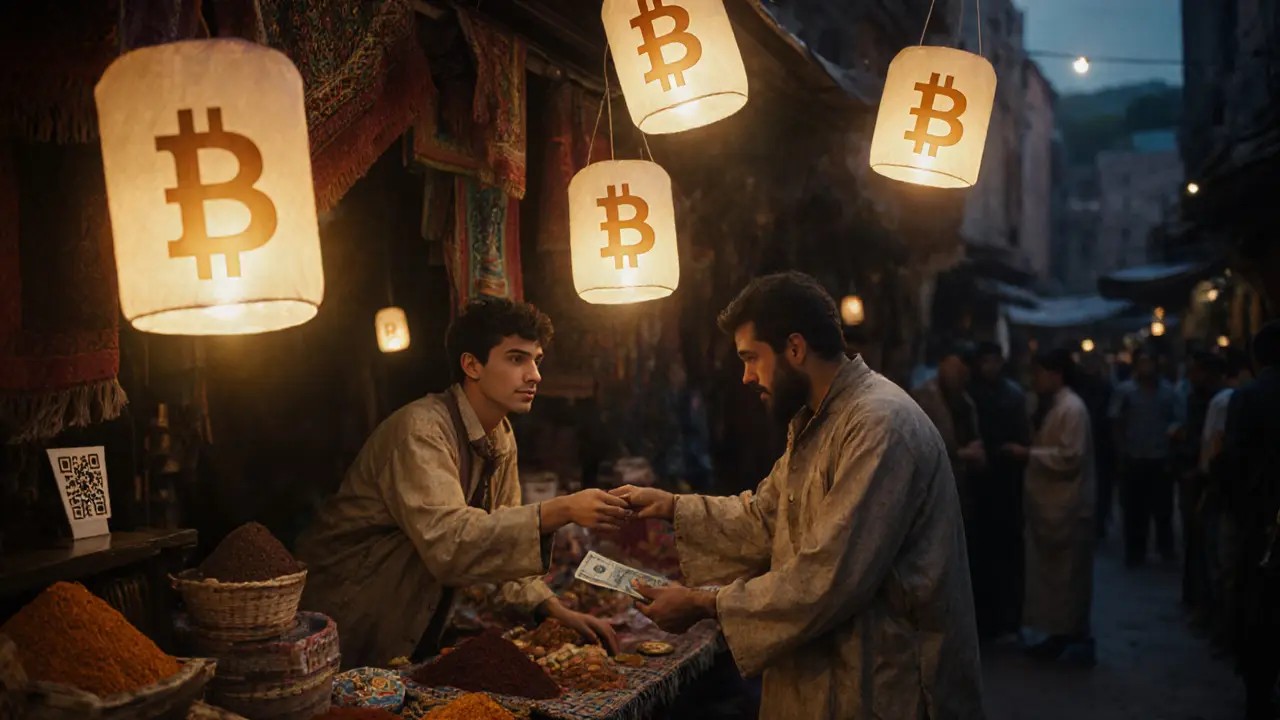
What the Government Is Doing About It
Bank Al-Maghrib hasn’t given up. They’ve cracked down on crypto ATMs, shut down some P2P meetup spots, and warned banks not to process transactions linked to crypto. But enforcement is patchy. Most people aren’t using big exchanges - they’re using WhatsApp and cash. Tracking that is nearly impossible. Here’s the twist: the central bank isn’t just fighting crypto. It’s building its own version. In 2025, Bank Al-Maghrib announced it’s developing a Central Bank Digital Currency (CBDC) - a digital dirham issued by the state. Unlike Bitcoin, this won’t be decentralized. It’ll be controlled, traceable, and designed for cross-border payments. They’re working with Egypt and the World Bank to test it. The goal? Replace underground crypto with a government-approved digital system. That way, they keep control, reduce fraud, and still give people fast, cheap international payments. But here’s the catch: most Moroccans don’t trust the government to manage their money well. And if the CBDC comes with strict limits or surveillance, many will stick with crypto.The New Law That Could Change Everything
On July 21, 2025, Bank Al-Maghrib released a draft law proposing to legalize and regulate cryptocurrencies under strict conditions. This isn’t a full reversal - it’s a shift. The idea? Allow crypto use for international payments, but only through licensed platforms. Users would need ID verification. Transactions would be monitored. And businesses would have to report all crypto receipts. If this law passes, Morocco could become the first North African country to create a legal pathway for crypto remittances. It would be a middle ground: not full freedom, but not total ban either. For now, it’s still just a draft. But the fact that it exists shows the government knows the ban isn’t working. People are already using crypto. The question is whether they’ll try to stop it - or join it.

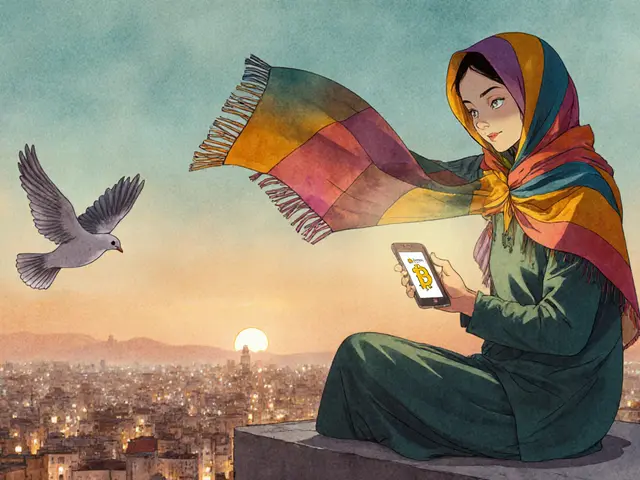
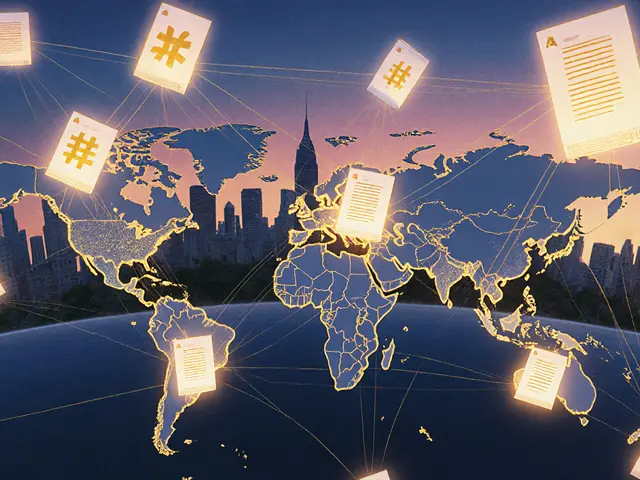
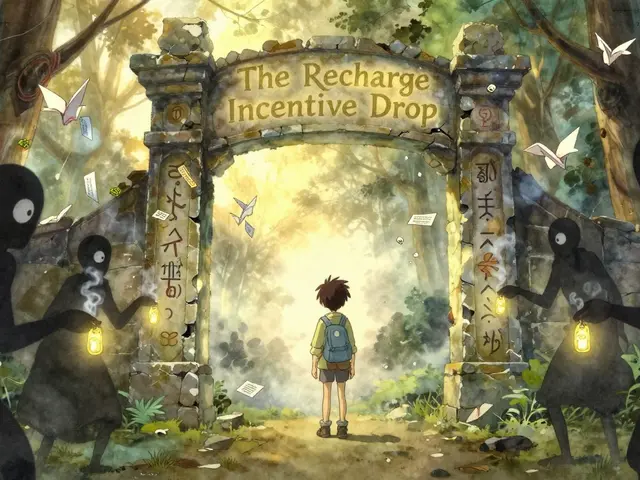
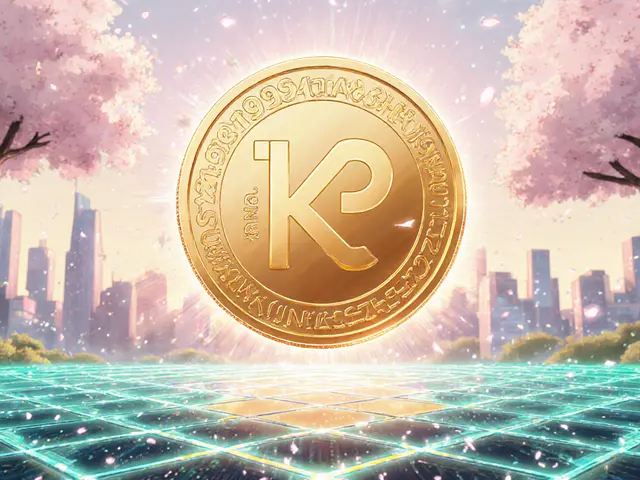

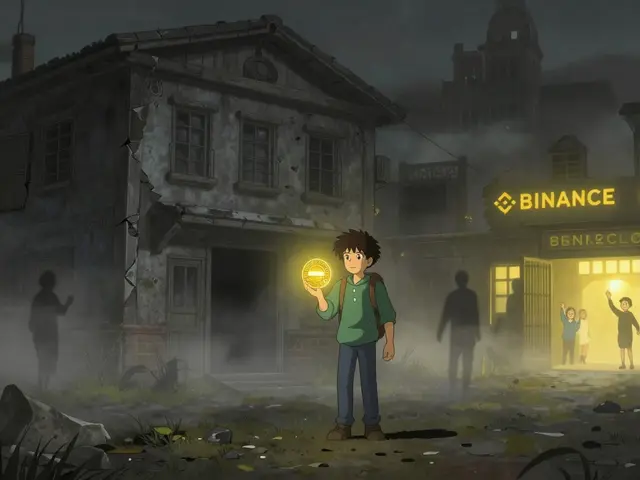
Write a comment
Your email address will be restricted to us